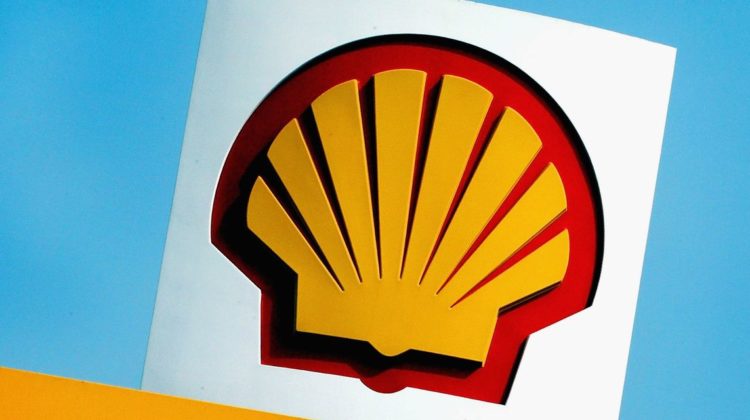
Text size
The Shell logo
Scott Barbour/Getty Images
In a difficult year for oil stocks,
Royal Dutch Shell
has been one of the worst performers in the industry. It cut its dividend sharply in April, announced thousands of layoffs, and has now written down its assets twice, to the tune of more than $22 billion.
Shell (ticker: RDS.B) stock is down 42% this year, worse than the
Energy Select Sector SPD
exchange-traded fund (XLE), which is off by 33%.
But MKM Partners analyst John Gerdes says Shell shares could rebound by 68% as the company gets leaner and transitions its business to add more renewables. Gerdes thinks Shell’s investment in renewables isn’t just an attempt to mollify regulators; he projects that the projects that Shell is investing in like wind energy could offer 10% returns on average.
Gerdes’ price target is $57, 68% above the stock’s price before the report was issued. Shell stock rose 3.3%, to $34.62, on Wednesday following the upgrade.
Gerdes doesn’t expect Shell to return to its prior results from before the pandemic. The oil giant earned $17 billion on $350 billion in revenue in 2019. He projects Shell will earn $9.6 billion on $287 billion in revenue in 2022.
But cost cuts mean that Shell should be able to produce more than enough cash to invest in its best projects, plow more than $2 billion a year into renewables by 2023, and cover its dividend with considerable room to spare. From 2021 through 2025, Gerdes expects Shell to generate about $91.5 billion of free cash flow, which is about 70% of the company’s market cap.
It no longer has the double-digit dividend yield that it had at its height this year, but its current yield around 4% is not too shabby compared with corporate bonds and sovereign debt.
Shell has one of the largest networks of gas stations in the world, and its renewables could build on that network—it has already added about 50 hydrogen refueling stations in the U.S. even though that technology is still nascent.
Write to Avi Salzman at avi.salzman@barrons.com
